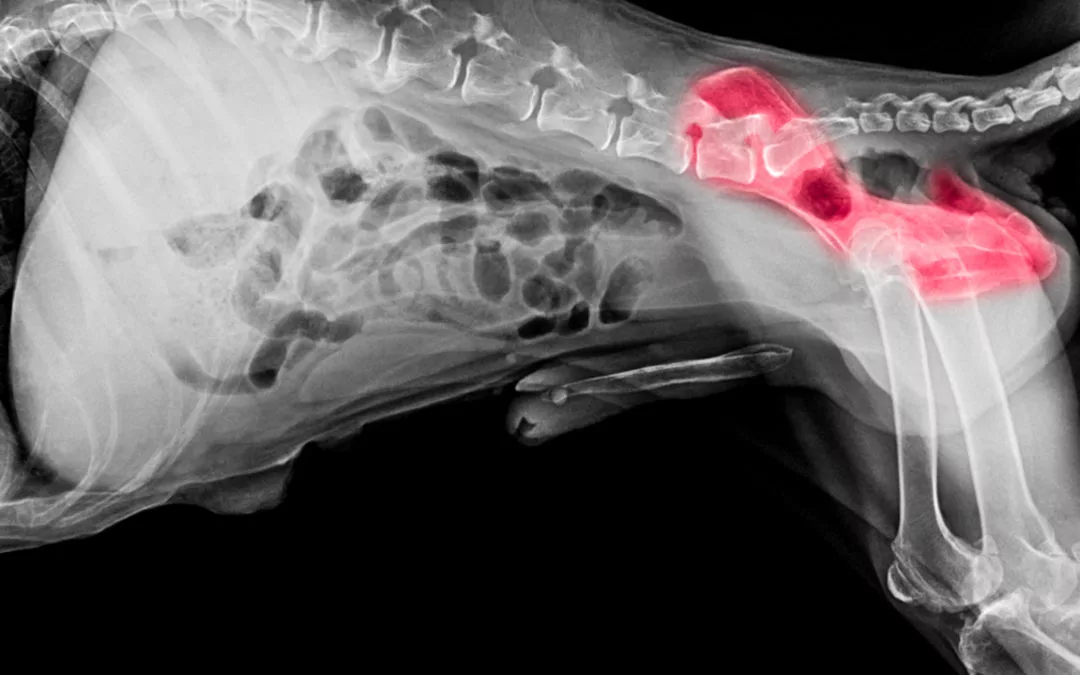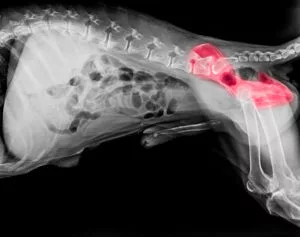Do you think your dog might have hip dysplasia? Hip dysplasia is a serious condition that affects many dogs. Although only your veterinarian can tell you for sure whether or not your dog has this problem, there are several signs you can look for to narrow down the possibilities.
In this article, you’ll find information about the most common signs and symptoms of hip dysplasia in dogs. With the help of this information, you can determine when it’s time to talk to your vet about this risk for your dog and to figure out a plan for your pet’s health, too. If you have any questions, call Veterinary Specialties Referral Center in Pattersonville, NY at (518) 887-2260.
Lack of Activity
Dogs who have hip dysplasia aren’t interested in much activity. This is usually because activity causes pain, but sometimes it is because they can’t physically perform the activities they want to perform.
If your dog used to be very active and has slowly cut back to the point of rarely being active at all, this may be a sign of progressive hip dysplasia. However, it can also be a sign of normal aging, so be sure to speak to your vet for more information and for a specific diagnosis.
Unwillingness to Jump
Hip dysplasia makes it difficult or impossible for dogs to jump. If your dog used to enjoy jumping—on you, on the furniture, or to catch a ball—but is no longer jumping at all, this may be a sign that they’re dealing with hip dysplasia.
The same is true of walking up and down stairs. Dogs’ hips may hurt very badly when they try to go up and down steps. If your dog is suffering from this type of pain, they may need a ramp to help them get out of the house or onto their favorite piece of furniture.
Odd Gait
Dogs who have hip dysplasia may sway back and forth when they walk. They may also have a bunny-hopping gait or may stand flat on their back feet. All of these potential gait issues are related to the pain they feel when they suffer from hip dysplasia.
An odd gait can sometimes also be a sign of a neurological issue in some dogs. Once again, your vet will need to examine your dog to diagnose their condition properly. Chances are, however, that they will be diagnosed with hip dysplasia if they show these symptoms.
Back Leg Lameness
Dogs who have chronic hip dysplasia pain may sometimes suffer from lameness in one or both back legs. This may be a constant problem, but it more commonly comes and goes. The affected leg or legs may be unable to be moved at all, or they may be so painful to move that your dog is unwilling to try.
If your dog suffers from this type of hip dysplasia symptom, you can work with your vet to get a prescription for pain medication. This medication may need to be given every day, or it might only be required as needed.
Narrow Standing Position
Sometimes, dogs who have hip dysplasia stand with their back legs very close together. This is yet another symptom related to the pain and inflammation in the hips. It may be difficult for an affected dog to keep their hips fully apart as they’re supposed to be, so they might keep them close together to minimize the pain.
This problem can, unfortunately, contribute to even worse hip problems. It may also cause your dog to develop arthritis at an early age because they are not standing the right way on their back legs.
Signs of Pain
Signs of pain are often the first symptoms dog owners notice in dogs who have worsening hip dysplasia. If your dog seems to favor one of their back legs, if their back leg is swollen or hot to the touch, or if they becomes fearful or aggressive when you try to touch their back legs, these are all signs they are hurting.
A dog who is in a lot of pain may hide most of the time. If you’ve noticed your dog hiding much more often than is normal for them, or if they have become aggressive with you or the household, they may be in pain.
With the help of a quality vet, you can manage your dog’s hip dysplasia successfully. Some dogs need more extreme treatments than others, but your vet can give you all this information and more about your dog’s specific health needs.
If you have any further questions or concerns, the vet can address these as well. It will also be important to keep up with any at home exercises or treatments prescribed to your dog throughout the course of their life so they can live as well as possible with their chronic hip problem. Call us today at (518) 887-2260.






